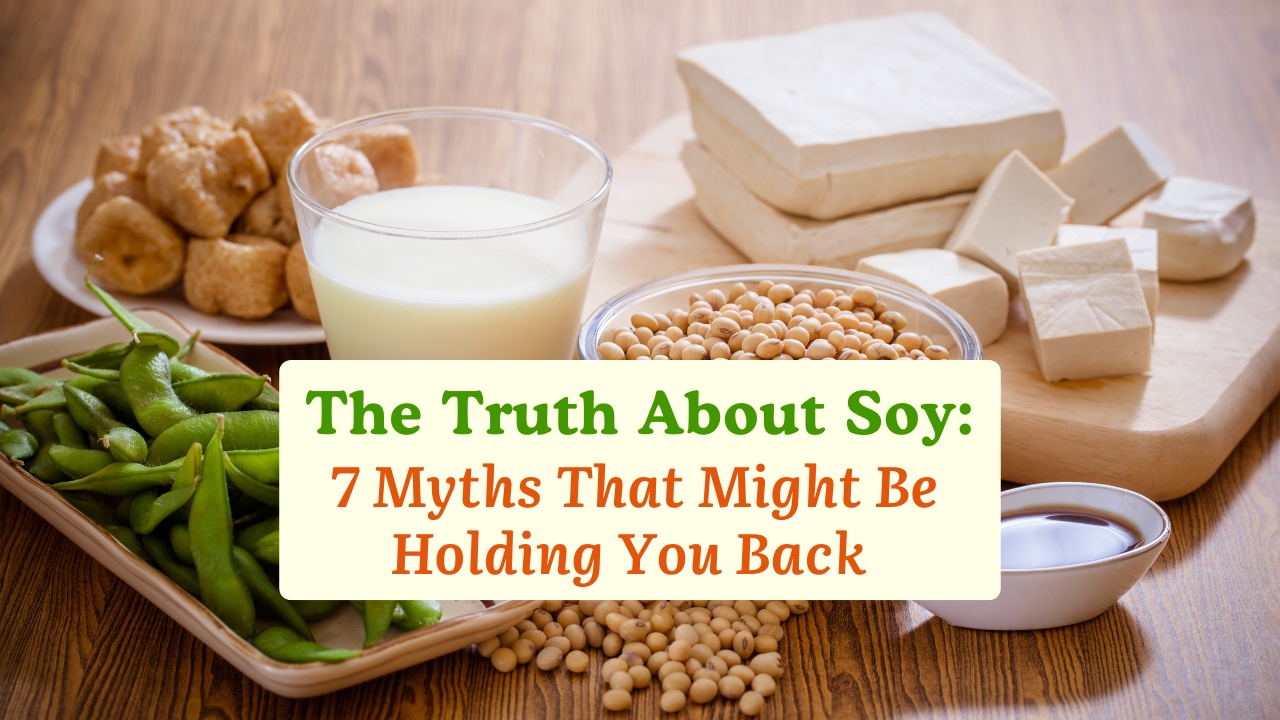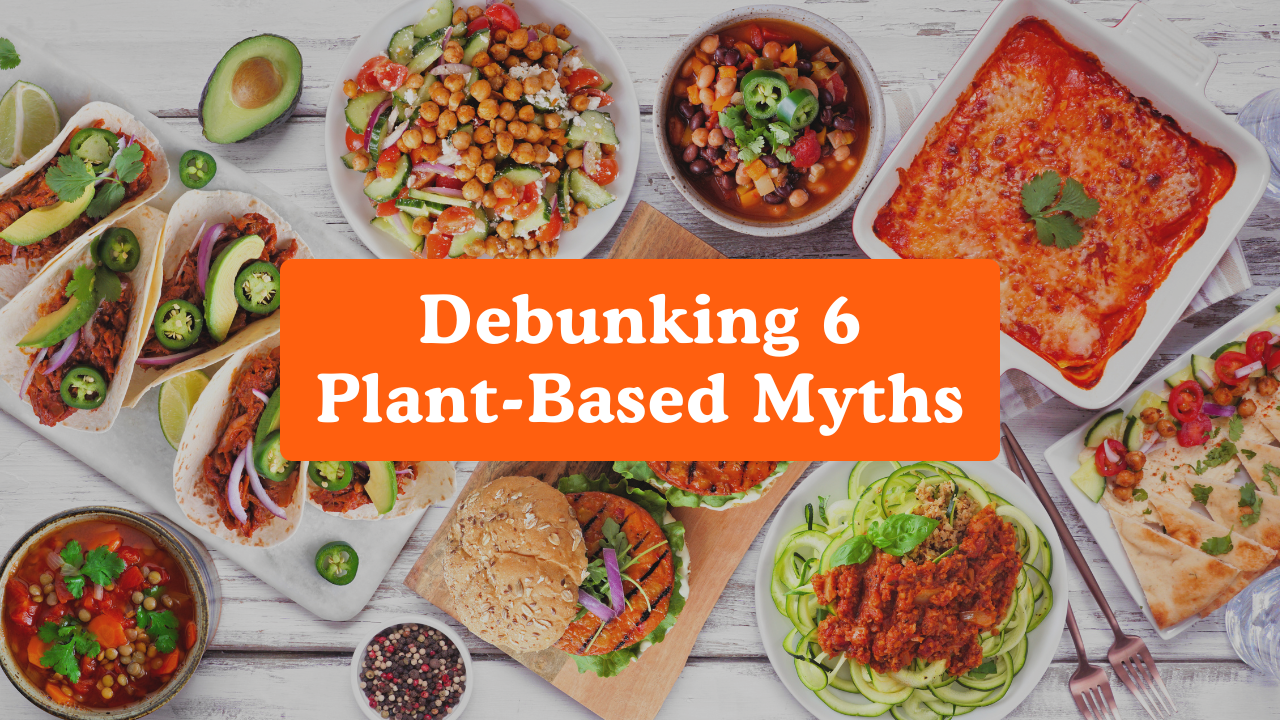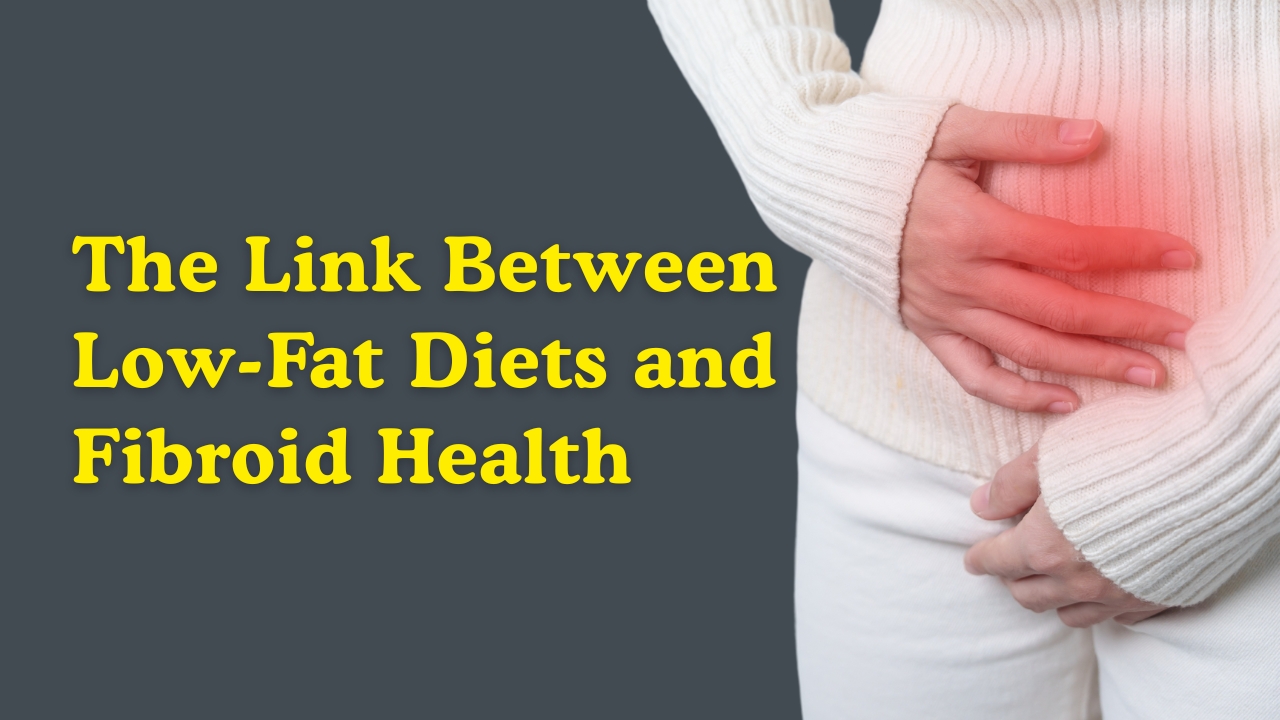April is National Soy Foods Month, making it the perfect time to clear up the confusion around one of the most misunderstood ingredients in the plant-based world: soy.
Whether you’re already living a plant-based lifestyle or just exploring healthier options, chances are you’ve heard mixed messages about soy—from fears about hormones to questions about cancer risks. But what’s fact and what’s fiction?
In this blog, we’re diving deep into the top myths about soy and revealing the science-backed truths that everyone should know. Because when it comes to your health (and your plate), clarity matters.
Myth #1: Soy Causes Breast Cancer
The Truth:
This is one of the most persistent—and most incorrect—claims about soy. The confusion stems from the presence of isoflavones, natural plant compounds in soy that have a structure similar to estrogen. However, isoflavones are phytoestrogens, not the same as the hormone estrogen produced by the human body.
Numerous studies, including those published by the American Cancer Society, show that moderate consumption of whole soy foods is not only safe but may actually reduce the risk of breast cancer recurrence, especially in Asian populations where soy is a dietary staple. The key is to choose whole or minimally processed soy foods like tofu, tempeh, and edamame.
Myth #2: Soy Will Disrupt Your Hormones
The Truth:
While soy contains phytoestrogens, they do not act like human estrogen in the body. In fact, research suggests that soy can have a balancing effect on hormones, especially in menopausal women. Some studies have found that soy isoflavones can reduce hot flashes and support bone health.
Soy doesn’t feminize men or lower testosterone levels either. A meta-analysis published in Fertility and Sterility found no significant effects of soy protein or isoflavones on testosterone levels in men.
Myth #3: All Soy is GMO and Unhealthy
The Truth:
It’s true that a large percentage of soy grown in the U.S. is genetically modified, but that’s mostly used for animal feed, not human consumption.
To avoid GMOs, simply look for products labeled organic or non-GMO. Additionally, focusing on whole soy foods—like tofu, tempeh, soy milk, and edamame—ensures you’re getting the nutritional benefits without the additives found in ultra-processed soy products.
Myth #4: Soy Causes Thyroid Problems
The Truth:
For people with healthy thyroid function, moderate soy consumption poses no risk. While soy can mildly interfere with the absorption of thyroid medication, this can easily be managed by spacing out your medication and soy intake by a few hours.
Those with existing thyroid conditions should talk to their healthcare provider, but for most people, enjoying soy in a balanced diet is perfectly fine.
Myth #5: Soy is Highly Processed and Unnatural
The Truth:
Like any food, it depends on the form you choose. Whole soy foods like tofu, tempeh, miso, natto, and edamame are minimally processed and loaded with nutrients. These are great sources of plant-based protein, fiber, and healthy fats.
On the other hand, soy protein isolates or highly processed meat alternatives may have added sodium, preservatives, and other ingredients. The takeaway? Stick with whole soy foods when possible.
Myth #6: Soy Is Only for Vegans
The Truth:
Soy is a great option for everyone—not just those following a vegan lifestyle. Incorporating soy can add variety, reduce saturated fat intake, and support heart health. The American Heart Association supports soy as part of a healthy diet, and its protein content makes it a smart choice for athletes, busy professionals, and growing kids alike.
Myth #7: Soy is an Incomplete Protein
The Truth:
Unlike most plant proteins, soy is a complete protein, meaning it contains all nine essential amino acids your body needs. That makes it especially valuable for people reducing or eliminating animal products from their diet. Just one cup of cooked edamame has about 18 grams of protein, plus fiber and essential vitamins like folate, iron, and vitamin K.
Why Busting These Myths Matters
Understanding the truth about soy can empower you to eat more confidently. It’s a versatile, nutrient-dense food that supports heart health, hormone balance, bone strength, and even cancer prevention. By clearing up confusion, we can shift the conversation toward inclusive, evidence-based nutrition, especially for those embracing plant-based or flexitarian eating.
Ready to Explore Soy in Your Meals?
If you’re curious about adding more soy (and other plant-based proteins) to your plate but don’t know where to start, I can help!
At Physician in the Kitchen®, I offer personalized plant-based meal plans tailored to your needs, preferences, and health goals. Whether you’re easing into plant-based living or fully committed, I’ll help you create meals that are balanced, flavorful, and satisfying.
📩 Email us at info@physicianinthekitchen.net to get started on your custom plan today!




